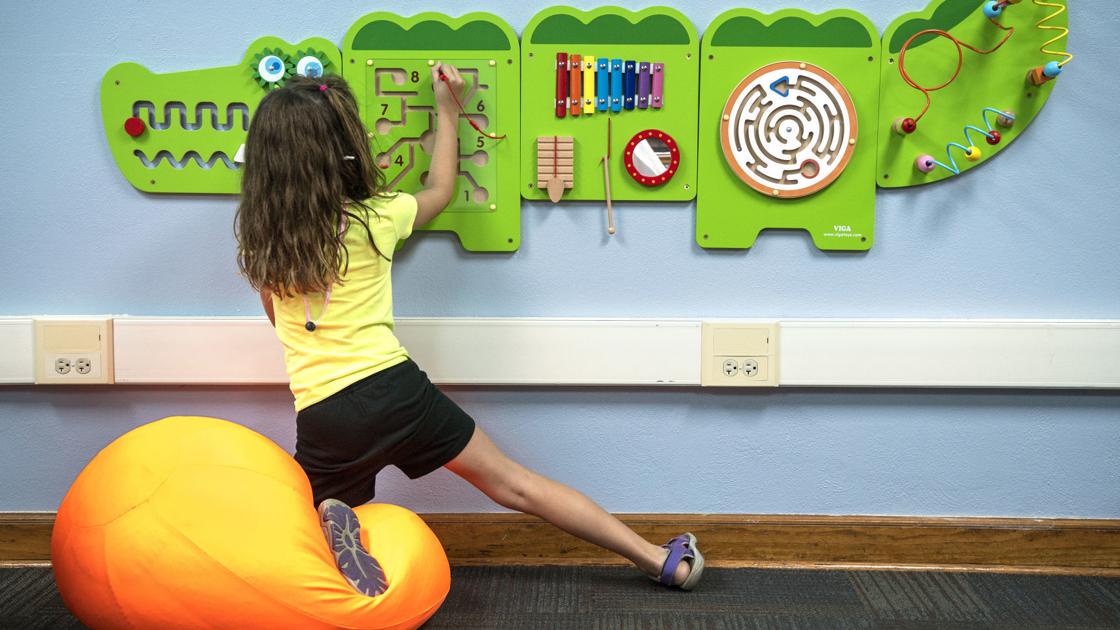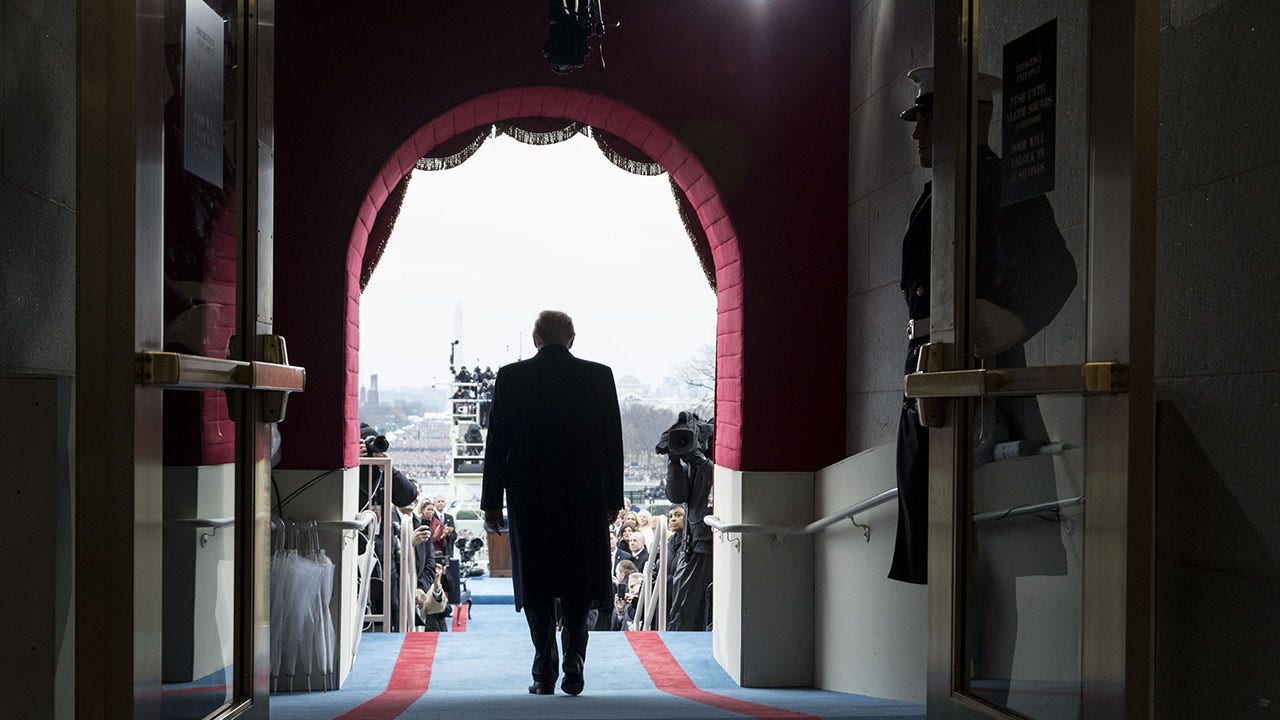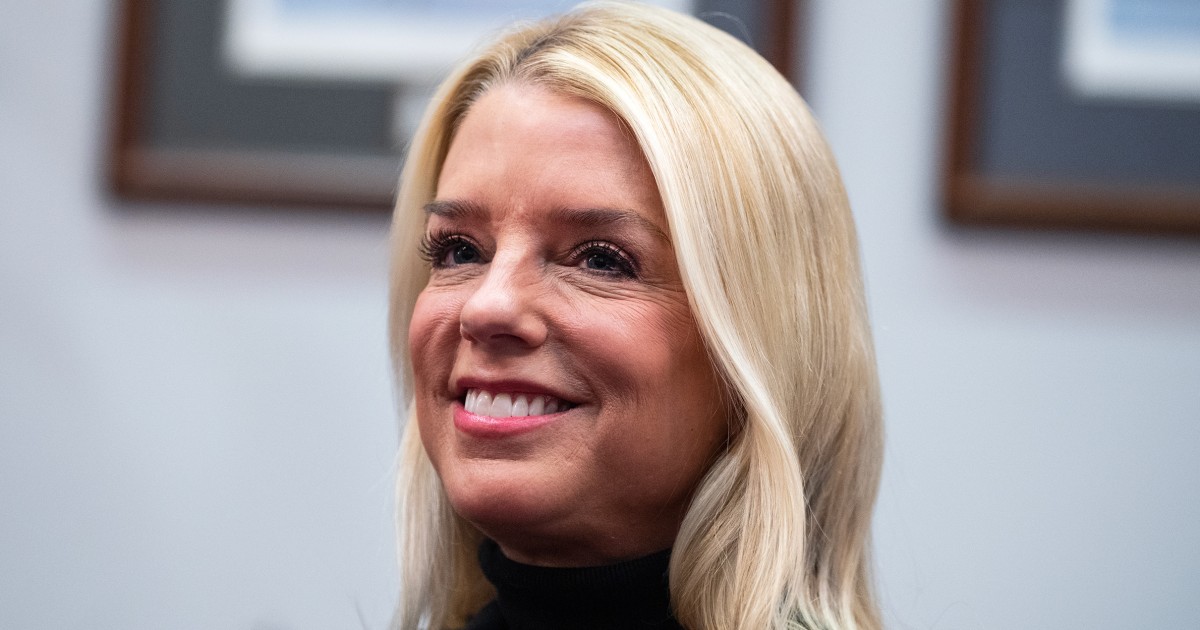LAKELAND, Fla. — The pandemic has left the country facing a labor shortage with the retail and restaurant sectors leading the way.
These days the owner of Highland City Diner in South Lakeland can be found in the kitchen cooking.
“I’m short my main cook in the back, so I become my main cook,” said Russell Colleran, Highland City Diner Owner.
He’s also short a busser, server, and host.
“We’ve had difficulty finding anybody despite the fact we’ve had ads running for almost two months,” said Colleran.
Colleran said since reopening the diner after the shutdown, sales have gone up, but the staffing is down. He’s gone from working five days a week to seven days, to make up for the worker shortage.
“Folks are tired of being inside and they are coming out in droves, and they want to eat out. We’re here to feed them, we just hope that they’re patient with us,” he said.
It’s an issue restaurants across the country are having.
Reececliff Family Diner, also in Lakeland, faced backlash a few weeks ago after posting a sign about being short-staffed due to government handouts, and no one wanting to work anymore.
“Many of these individuals who left or who got downsized aren’t going to come back, because they found replacement positions that they like and that they’re being fairly well compensated in,” said Chris Jones, Economics Professor at the University of South Florida.
Jones said it isn’t solely unemployment benefits causing this labor shortage in the restaurant and retail industries.
“It’s not a substitute for a work-based income, but it creates a bit of a lifeline that can allow an individual a little bit more time in the job search process, so they don’t have to take just the first thing that comes along,” said Jones.
According to the U.S. Department of Labor, 649,000 retail workers put in their notice in April, the industry’s largest one-month exodus.
Jones said workers are seeking higher pay, better benefits and less stressful positions. Some are even going back to school to learn new trades.
He said the pandemic allowed employees to reflect on the value of their labor.
“One of the things it also did is it had individuals really evaluate closely the balance in their lives between their labor and their leisure,” Jones said.
Many employees are discovering options like working from home, which offers both a work-life balance and more pay.
“Not having to commute to work, that’s kind of a big one, but also more work-life balance, more control over your days, more time with family and also more time to focus on self-care too,” said Brie Reynolds, Career Development Manager at FlexJobs.
FlexJobs connects job seekers who want to work remotely, with employers.
“We actually saw a 76% increase in job listings in 2020 over 2019 and that was for long-term remote work. So, employers who were looking to hire people to work remotely in an ongoing way, not just during the pandemic,” Reynolds said.
Some service establishments are now raising pay, adding benefits and sign-on bonuses to rebuild their staff that got gutted during the pandemic.
While companies are offering incentives, economists said it could take up to a year for the retail and restaurant industries to get back to full employment.








